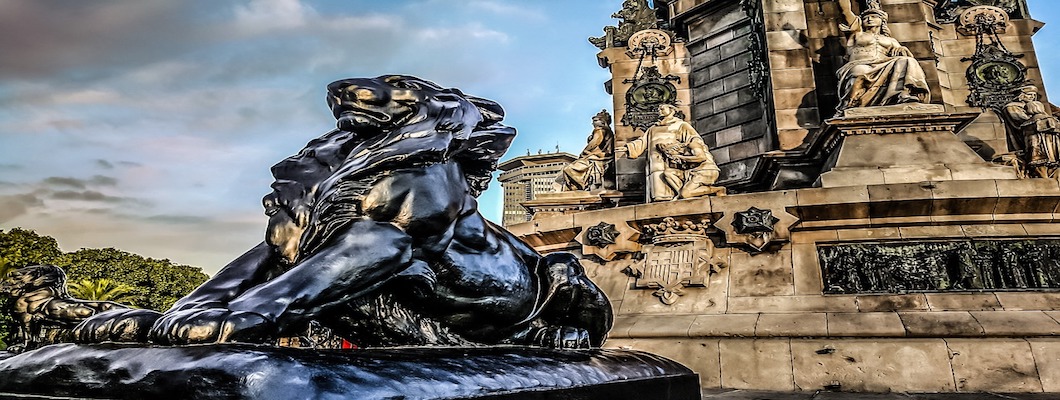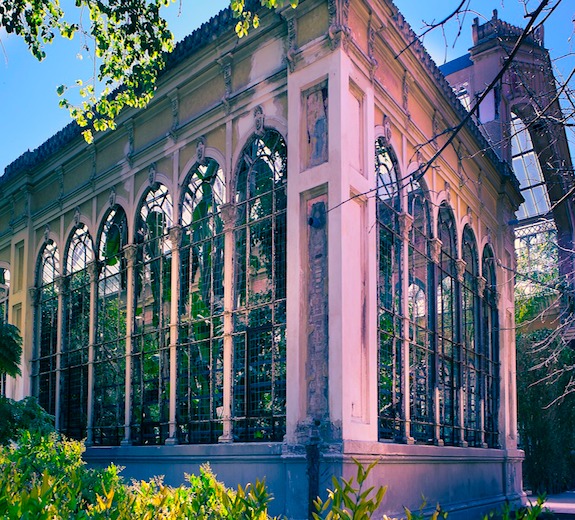Barcelona – City with Roman history or Olympics city
Barcelona, a Mediterranean cosmopolitan city, is the modern and ancient capital of Catalonia and it is situated along the Mediterranean coast between the mouths of the rivers Besos and Llobregat. This city is the second largest city in Spain next to Madrid. This is a university town and has a seaport that is the third largest in the Mediterranean. This also has an international airport.
In 1992, the 25th Olympic Summer Games were held in Barcelona and they have drastically changed the face of this city. This change came about through the upgrading of the Olympic sites and new buildings; further avant-garde artists and designers proved their mettle in the most modern restaurants and the new harbor promenade. Avant-garde art included in its urban planning are the street patterns of Roman remains, medieval districts and also modernism.
Barcelona climate is a Mediterranean climate and it has humid mild winters and dry warm summers. The rainy seasons in Barcelona are autumn and spring whereas summer and winter seasons are dry. The average temperatures in winter are about 9 deg. C and in summer 24 deg. C. Snowfalls here are uncommon.
Two different legends are attributed to the foundation of Barcelona. According to the first legend, Hercules founded the city 400 years prior to the building of Rome and gave it the name Βαρκινών. As per the second legend, the father of Hannibal, Carthiginian general Hamilcar Barca founded Barcelona in the year 218 B.C. and gave his family name Barcino to this city. However, it became a Roman colony in Augustus’ time and Augusta and Pia were later added to Barcino. Visigoths named it Barcinona and made it their capital.
Cultural Heritage
Association with Romans for a long period and also its dynamic economy has given Barcelona an enviable cultural heritage and the proof of this can be seen in the rich historic/ artistic heritage, conservation of Barcelona and the way new artistic trends are being encouraged. There are innumerable numbers of exhibitions, museums, outdoor sculptures that can be seen in this city.
Cuisine
The cuisines in the restaurants in Barcelona are highly imaginative as well as innovative. They mostly use food items grown organically; in addition they use olive oil, fresh fish, sausages, pastries and wines.
Cityscape
Barcelona is proud of its past but at the same time it has modernized for the future. Facilities for holding seminars, international competitions and symposiums are available in this city. Its communications network is far superior and tourists find it convenient both for business and pleasure because of its Mediterranean climate.
Barcelona beaches – Maresme coast or Costa del Garraf are the biggest tourist attractions because of the climate. In addition, there are facilities for playing golf and mountaineering.
Photo Credit:Shutterstock Pixabay

